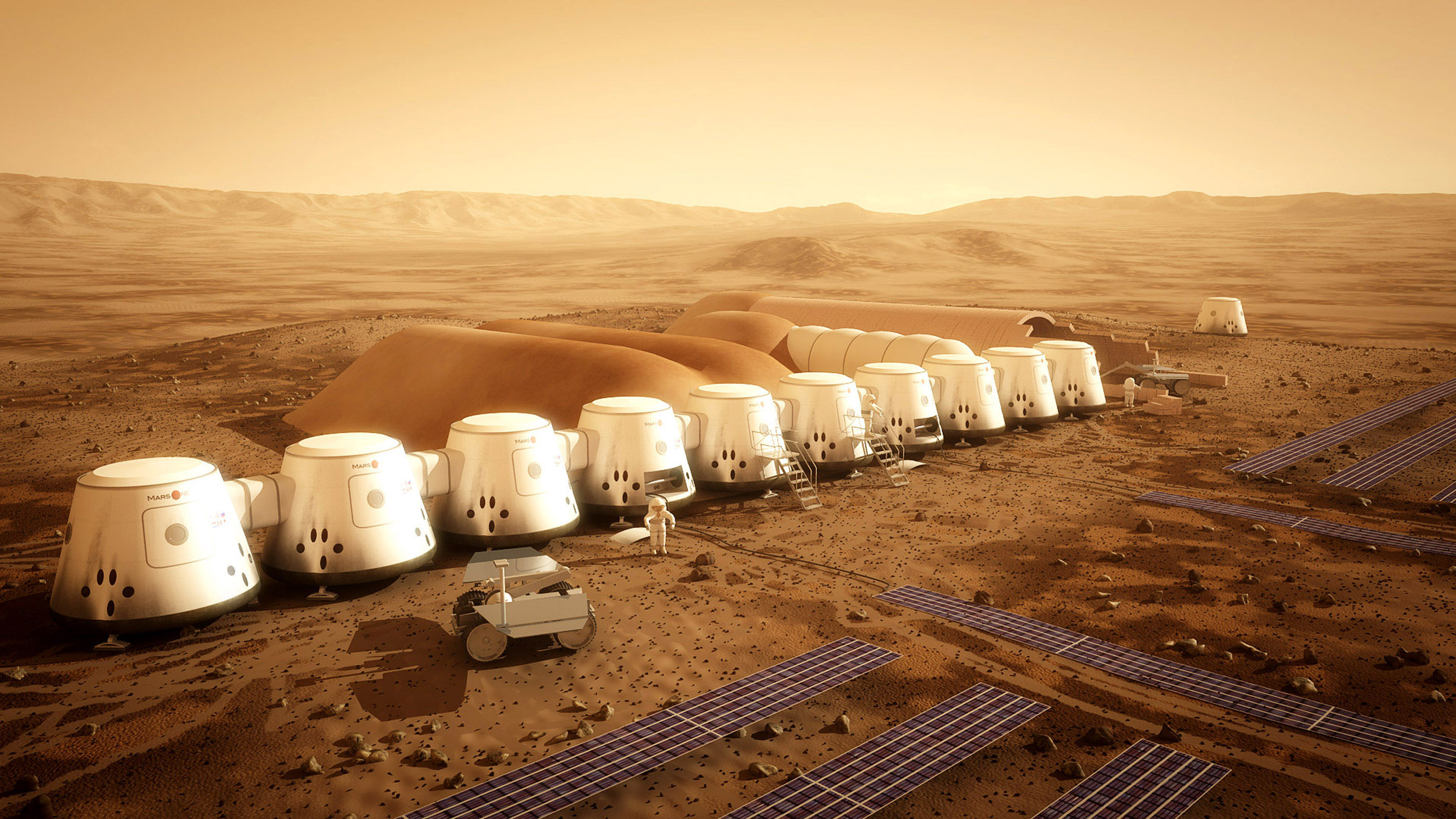The notion of landing astronauts on Mars has long been more fantasy than reality. The planet is, on average, 225 million km from Earth, and its atmosphere is not hospitable to human life.
But a human voyage to the planet is now, for the first time, within the realm of possibility, according to space advocates inside and outside government. As a result, plans for a mission around the planet, and ultimately for lengthier stays, have been sprouting like springtime flowers.
The new momentum, some space experts say, comes from the successful landing of the large rover Curiosity in a Martian crater last year, the growing eagerness of space entrepreneurs to mount and fund missions to Mars and encouraging new data about the radiation risks of such an expedition.



